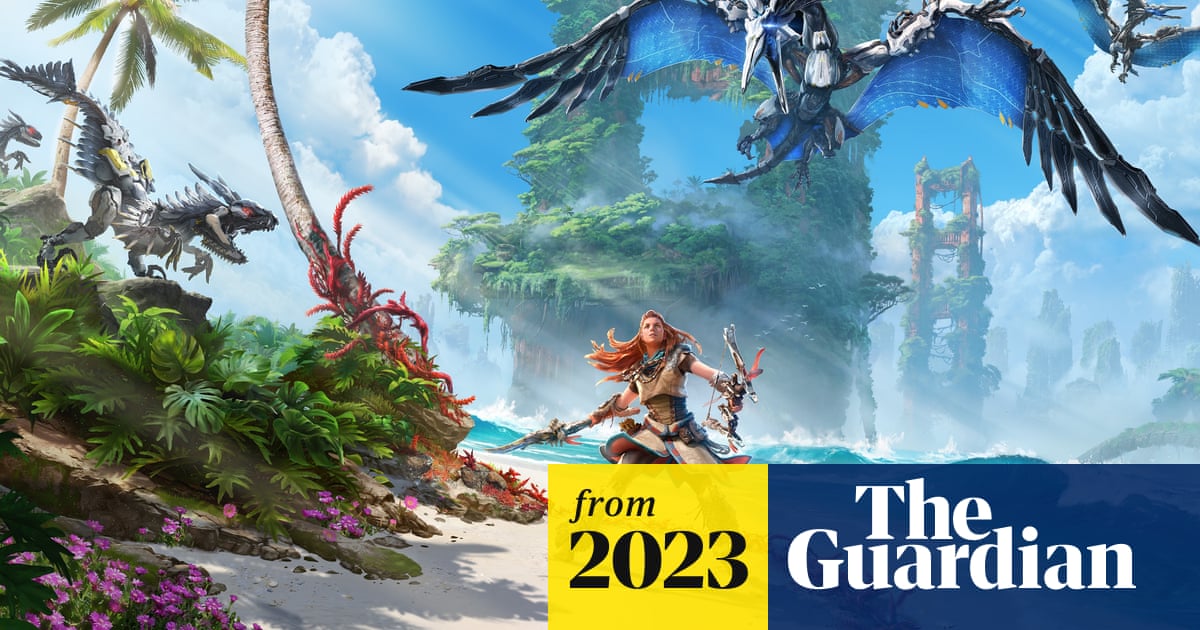Okay so I've been thinking about this but need some input. It's culture that drives change in societies and the way we humans think collectively. So many sci fi writers projected themselves into future possibilities and that could be looking at potential utopian societies or dytopian nightmares. They imagined what it would be like if aliens came to Earth or humans travelled to other planets.
Also sci fi writers tried to imagine the tech of the future and that could be spacecraft with new propulsion systems, AI robots, AI systems on spacecraft, transporters, communicators, weapons, etc.
There is the theory that youngsters watched tv like Star Trek and inspired went on to develop similar tech. Many of these ideas started in literature from Frankenstein, Do Androids Dream of Electic Sheep and Solaris.
Also can dystopian sci fi as a warning change the way humans think or do these possible future problems seem too difficult to avert. Some games are trying to make the climate crisis relevant, see>

 www.theguardian.com
www.theguardian.com
Films like Blade Runner and Ex Machina looked at the threat of creating intelligent and powerful AI robots.
Films like District 9, The Day the Earth Stood Still and Monsters looked at Aliens coming to Earth.
Other films/tv looked at life on other planets from Forbidden Planet to Riddick, etc and of course Star Trek
Films/games like The Road, even Planet of the Apes and The Last of Us and HZD looked at post apocalypse Earth.
So what was the earliest sci fi in any genre that you really connected with, which do you think have merit and could humans learn from them or could they change the way humans think?
Just a classic to start and probably the most quoted>
View: https://www.youtube.com/watch?v=JdUq2opPY-Q&ab_channel=DiegoR
.
Also sci fi writers tried to imagine the tech of the future and that could be spacecraft with new propulsion systems, AI robots, AI systems on spacecraft, transporters, communicators, weapons, etc.
There is the theory that youngsters watched tv like Star Trek and inspired went on to develop similar tech. Many of these ideas started in literature from Frankenstein, Do Androids Dream of Electic Sheep and Solaris.
Also can dystopian sci fi as a warning change the way humans think or do these possible future problems seem too difficult to avert. Some games are trying to make the climate crisis relevant, see>

Can video games change people’s minds about the climate crisis?
A new wave of game makers are attempting to influence a generation of environmentally conscious players. Will it work, and is it enough?
Films like Blade Runner and Ex Machina looked at the threat of creating intelligent and powerful AI robots.
Films like District 9, The Day the Earth Stood Still and Monsters looked at Aliens coming to Earth.
Other films/tv looked at life on other planets from Forbidden Planet to Riddick, etc and of course Star Trek
Films/games like The Road, even Planet of the Apes and The Last of Us and HZD looked at post apocalypse Earth.
So what was the earliest sci fi in any genre that you really connected with, which do you think have merit and could humans learn from them or could they change the way humans think?
Just a classic to start and probably the most quoted>
.


